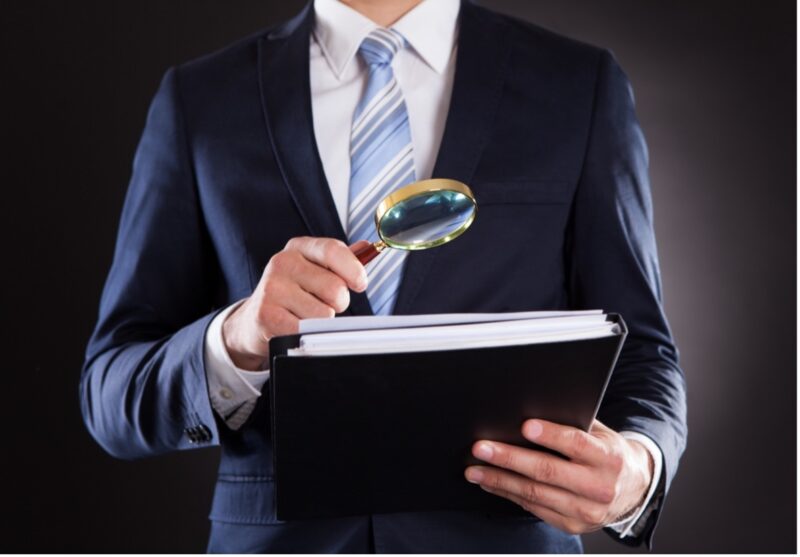Natural disasters such as floods, tornadoes, and fires can happen suddenly and can have a significant impact on an individual’s assets. According to the National Centers for Environmental Information, over 350 climate-related disasters have occurred since 1980, causing trillions of dollars’ worth of damage. As climate change continues to accelerate, planning for these events can help mitigate their effects and aid financial recovery. Learn more about natural disaster preparation for protecting your assets and explore how a seasoned San Francisco estate planning lawyer can be of assistance by contacting Von Rock Law at (866) 720-0195.
Why Is Natural Disaster Preparation for Protecting Your Assets Important?
Several types of natural disasters occur in the United States each year, a diversity that is due partly to the country’s range of latitudes and heterogenous regional ecologies. Some of the most impactful natural disasters in recent years have included wildfires, severe thunderstorms, drought, heatwaves, floods, winter storms, hurricanes, and tornadoes. Alongside causing injuries and loss of life, they also entail extensive economic damage, such as damage to property, privately owned land, and infrastructure.
Adopting certain protective strategies, such as reviewing financial accounts and planning ahead for how to acquire crucial legal and financial documentation, can reduce the stress of asset rebuilding and recovery following a natural disaster. Moreover, advance preparation can make this challenging process more efficient.
How Do You Financially Prepare for a Natural Disaster?
The following tips can help individuals prepare for natural disasters, like floods or hurricanes, and maintain their financial resilience:
- Understand the risks. To prepare for natural disasters, it is necessary to first understand their likelihood of occurrence. A number of online tools are available that inform readers of the risk of hurricanes or floods in their local area.
- Arrange policy reviews. Individuals may wish to allocate time for organizing a review of their insurance policies to check whether they provide adequate cover for their assets in the event of a natural disaster. In particular, it is imperative that they do not let their policies expire, since it usually takes some time to implement a new policy, a circumstance which leaves the individual and their assets temporarily without coverage.
- Consider implementing loss avoidance actions. Think about researching the available preventative measures against natural disasters. For instance, the National Flood Insurance Program (NFIP) pays a maximum of $1,000 to cover the cost of pumps, lumber, and sandbags to prevent insured buildings from becoming damaged in an anticipated flood.
- Save funds for these events. Shortly after a natural disaster, those involved might need immediate access to funds to cover emergency expenses, such as transportation costs, temporary accommodation, and safe rations or drinking water. Regularly saving money for these times helps victims of these events to financially prepare for them and can help to reduce stress when a natural disaster actually strikes.
- Store crucial documents securely. This entails keeping copies of birth certificates, medical records, insurance documents, and passports in a dry, secure location, while also storing original papers in a safe deposit box. Keeping digital copies of these documents may also be a good idea, as may making a note of all insurance providers’ phone numbers, and downloading relevant insurers’ apps. These preparatory steps help to ensure that an individual or family can quickly start the recovery process after a natural disaster, such as by filing an insurance claim or applying for disaster assistance.
Learn more about natural disaster preparation for protecting your assets by arranging a consultation with a California estate planning attorney from Von Rock Law.
What Should You Prepare Before a Natural Disaster?
While no method of preparation is entirely foolproof, there are a number of basic steps that have broad utility across a range of emergency scenarios. A few recommendations in this category include:
Prepare an Emergency Kit
Build a natural disaster emergency kit and keep it within a waterproof box and somewhere easily obtainable, such as in the garage or near the front door, to allow you to quickly get all the required supplies and focus on finding shelter. In the kit, include the following items:
- Canned and dried food for several days
- Plenty of drinking water
- Can opener
- Flashlights and batteries
- First aid kit
- Radio
- Sanitation, baby, and pet supplies
- Medication
- Clean blankets and clothing
- Additional contact lenses and eyeglasses
Establish a Natural Disaster Plan
Effective plans help keep families safe during natural disasters and often include developing evacuation routes, storing emergency phone numbers, identifying potential shelters and family meeting locations, and signing up for weather warnings and alerts. Other important considerations to make when drafting a natural disaster plan are learning basic first aid, ensuring responsible family members understand how to turn off the home’s gas, water, and electric supply in an emergency, and remembering to shelter or evacuate pets.
Take Note of Official Information
The United States has implemented systems to inform residents of any imminent or current natural disasters and provide guidance for staying safe during them, including whether evacuation is necessary, so it is important to look out for these. Such notifications include text messages from national and local organizations, news notifications from phone apps, and TV and radio broadcasts.
What Are the Examples of Disaster Preparedness?
Below are some disaster preparedness examples:
- Risk management: This entails identifying, analyzing, and managing risks related to natural disasters. Risk management for a home can begin even before ground is broken for a new build; when thinking about building a new home, consider assessing the risks of fires, floods, earthquakes, storms, and tsunamis and determine how to mitigate them when constructing it.
- Resilience: Prior to the onset of a natural disaster, it can be a sound idea to introduce systems that foster resilience and self-sufficiency, such as growing food at home in case it becomes unavailable in retail outlets.
- Training: Relevant training for natural disasters can mean developing crisis management strategies for helping others, as well as developing essential survival skills. An example includes conducting evacuation drills to ensure that all family members know what to do in these scenarios, improving their chances of remaining safe.
Contact a San Francisco Estate Planning Attorney Today
A survey completed in 2021 by the Federal Reserve found that almost one in five Americans encountered disruption from some type of natural disaster in that year, with outcomes leading to property damage among other, less quantifiable, impacts. While predicting which disasters might occur is not possible, individuals can adopt several strategies to reduce their financial impact. Find out more about natural disaster preparation for protecting your assets and discover how a California estate planning lawyer from Von Rock Law can help individuals with their estate planning concerns by calling (866) 720-0195.




